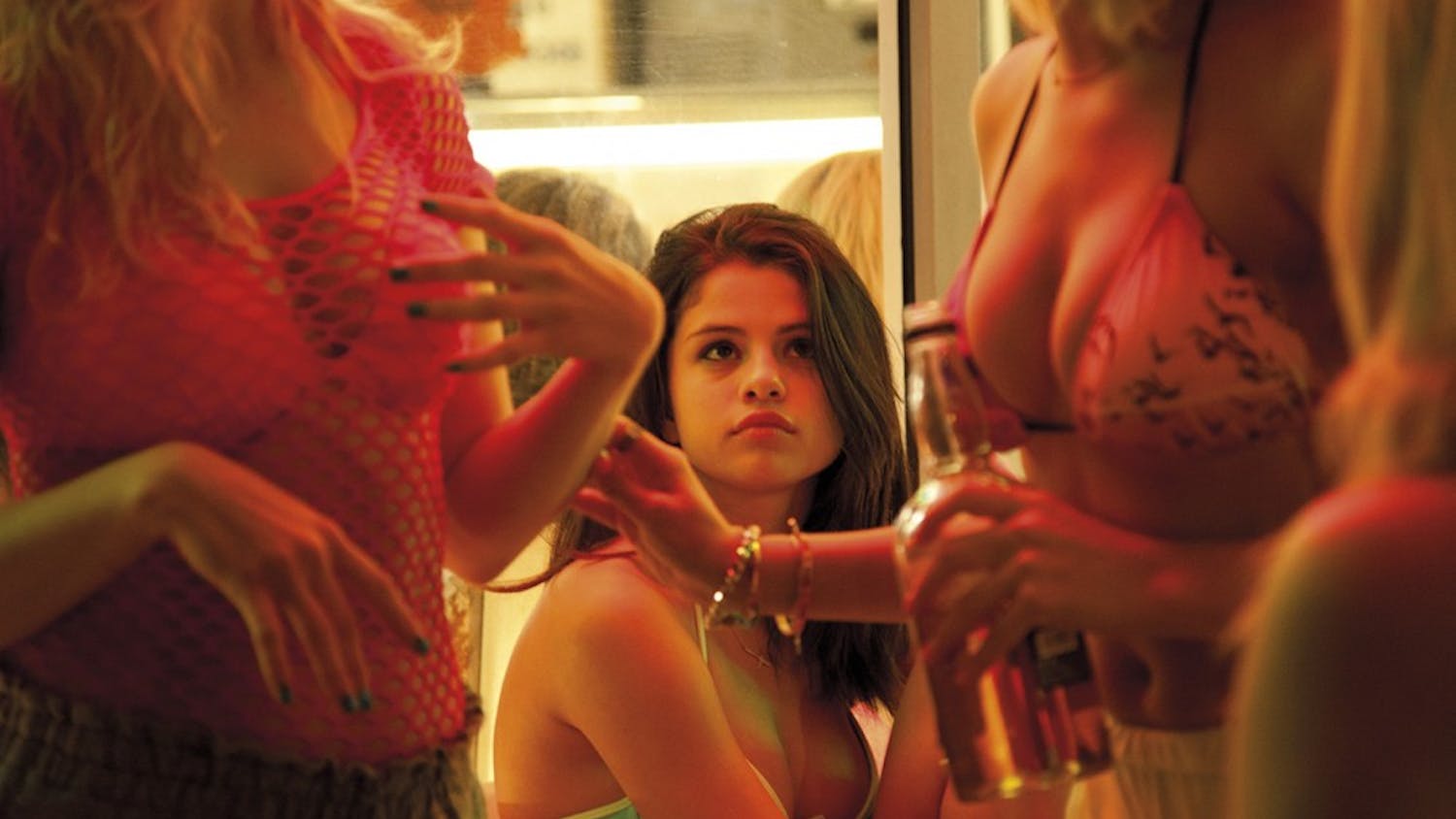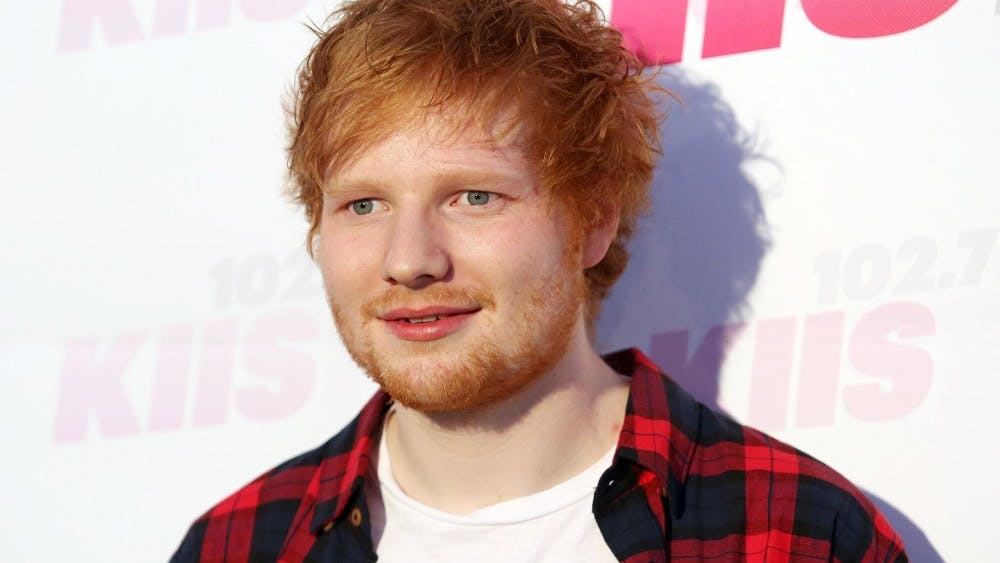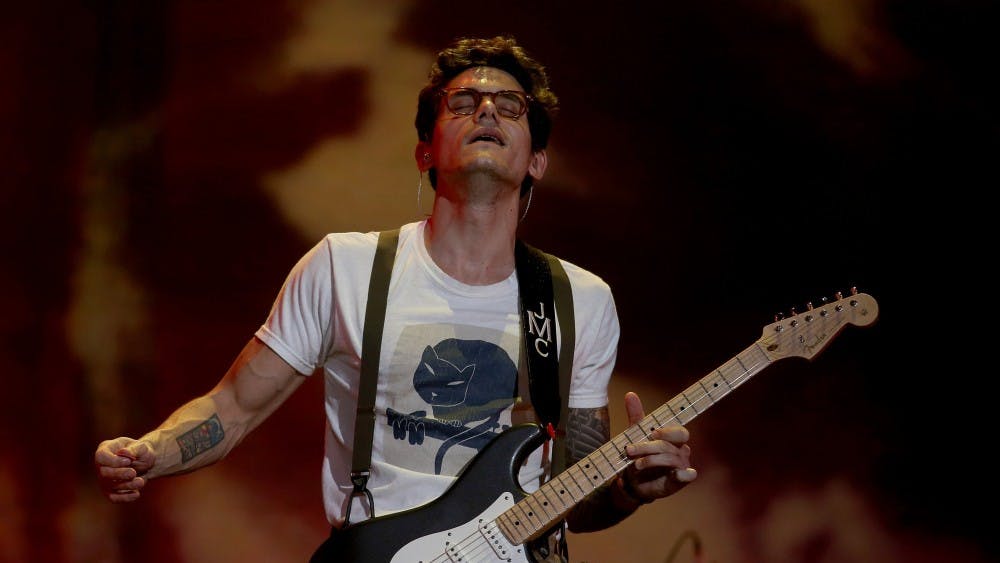"1 2 3 3 tell me that you love me more ..." I am sure you have a vague idea of the song I'm referencing, thanks to Apple's new iPod commercial. You might even be one of the people hopping on the Feist bandwagon and adding those very lyrics to an oh-so-hip away message or Facebook profile. It's not a bad thing; it's just a part of the recent proliferation of unorthodox marketing by musicians and companies attempting to capitalize on what's "hip."\nI don't meander around the neon-and-tile oasis known as College Mall often, but word has it that somewhat obscure bands such as The Little Ones and Tokyo Police Club have been pumping through the P.A. in stores such as the Gap and Old Navy. To go along with an Old Navy campaign from the past: It's indie rock for the whole family!\nRetail outlets and ad agencies aren't the only ones taking advantage of musicians looking for new media to distribute their work. Video-game companies have been licensing music for some time now. "Tony Hawk's Pro Skater" was at the forefront of the trend with a mix of punk and hip-hop tunes. Now it's becoming common for video-game soundtracks to be comprised of both popular and unknown music. The best example in recent memory is "MLB2K7," which featured 311, Bishop Allen, Editors, Nirvana, Tapes 'n Tapes and the Pixies.\nDoes this make the artists sell outs? Not as far as I'm concerned. It's a matter of adaptation. People who produce music want it to be heard. Licensing music to companies doesn't diminish the quality of a song. It's the same song, just used in a different context. However, if artists do choose to allow their songs to be used in other media, it is probably best to make smart decisions and be associated with companies and products they actually support. As with anything, it's also best to remember that moderation is key.
Frequency
Going commercial

Get stories like this in your inbox
Subscribe





